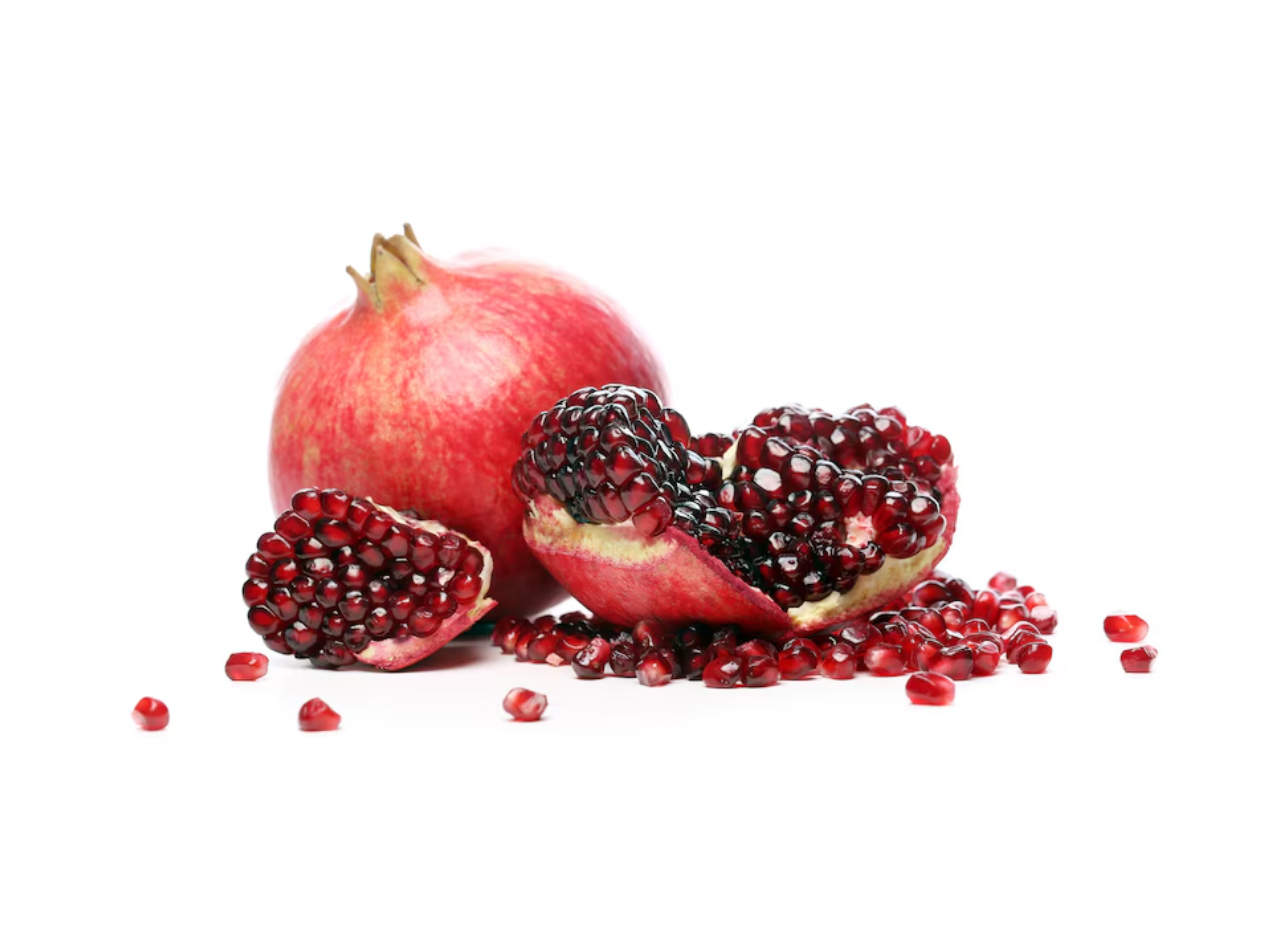 Beta-carotene, which the body converts into vitamin A, is especially important for eye health. It’s also of great benefit to the skin, and the immune and digestive systems. Carrots are also loaded with fibre and water, which cleanse the liver, boosted oxification and plump out skin to stave off wrinkles.
Beta-carotene, which the body converts into vitamin A, is especially important for eye health. It’s also of great benefit to the skin, and the immune and digestive systems. Carrots are also loaded with fibre and water, which cleanse the liver, boosted oxification and plump out skin to stave off wrinkles.
Carrots contains large quantities of vitamin A, in the form of beta carotene.Juicing a carrot removes the indigestible fiber. Thus, the nutrients in it are available to the body in much larger quantities than if the carrot was eaten whole. This is because many of the nutrients are trapped in the fibre, and while fibre aids digestion, some part of the fibre is indigestible. Thus, you don’t get the benefits of the nutrients that are trapped in the indigestible fibre. Did you know that if you eat a carrot raw, you only get access to about 1% of the available beta carotene? But, when you or your child has a glass of carrot juice, you your system absorbs almost 100% or the beta carotene!
Carrot juice has anti-carcinogen properties. Thus, it helps prevent cancer. It is also believed to have cancer-curing properties.
Carrots are also good for the skin.
Carrot juice is like a tonic. It will improve the overall health of you and your child, and increase immunity. In fact, two glasses of carrot juice a day can increase your immunity by as much as 70%!
Carrot juice is rich in so many minerals, that it’s no less than a miracle juice! You could also add some spinach or beetroot to your carrot juice. Squeeze some lime into the glass, add seasoning if you must, and a tasty glass packed with nutrients is ready!
Carrots are a root vegetable deep orange to red in colour. They should be medium sized, firm, smooth and well formed.HISTORY
It is thought the wild carrot originated in Afghanistan and was small, tough and pale-fleshed. The carrot’s orange colour dates from the middle 19th century. In Holland, about the 14th century, fashionable women wore the carrot’s green leaves as hair decorations.
SEASON
From January To December
BEST VALUE
From April To August
UNAVAILABLE
Generally available
PREPARATION TIPS AND USAGE
Carrots should be washed and scraped lightly. Depending on use, they can be cut into rounds, segments, dice, slices, sticks, matchsticks or left whole. The green tops may be used for soup. Carrots are used in making stocks, soups or stews. They can be eaten raw or canned or frozen.
STORAGE
Carrots should be stored in a plastic bag in the refrigerator.






